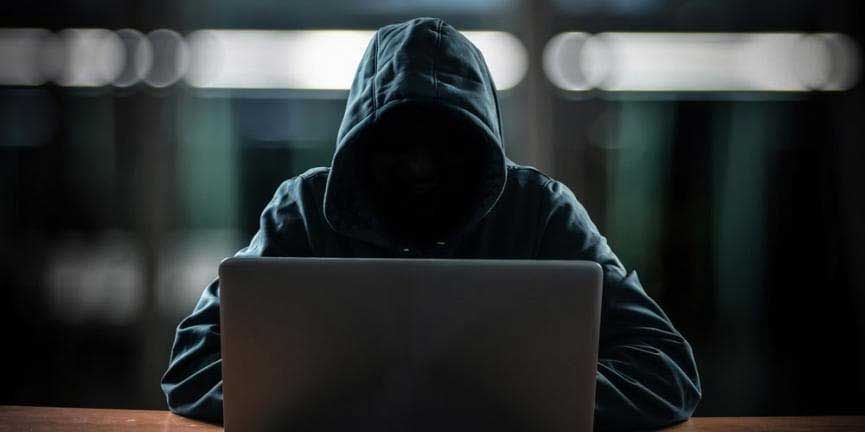In the midst of the chaos caused by the highly contagious Wuhan coronavirus where we are all fighting to protect ourselves from it, scammers are making use of this chance to invoke even more fear and get what they want.
The Singapore Computer Emergency Response Team (SingCERT) is warning the public about such scammers who are taking advantage of the situation to conduct criminal activities. According to an advisory on their website, these criminals send out emails and messages that will entice you to open malicious attachments by giving information regarding the outbreak of the virus.
Spreading Computer Virus
The attachments could be in the form of links, PDF, MP4, or Docx files with names related to the coronavirus situation. For example, it could be about how to protect yourself from the virus, updates on the threat or virus detection procedures.
These files could host various viruses, from Trojans to worms, and once opened, they can destroy, block, modify or copy data, as well as interfere with your computer networks.
“In particular, there have been reports of an active Emotet malspam campaign in Japan where cybercriminals sent emails that were disguised as official notifications from disability welfare service providers and public health centres,” said SingCERT. “These emails claimed to provide details on the preventive measures against the virus, in order to entice potential victims to malicious attachments in the emails.”
It later added, “Due to the heightened concern about the situation, it is likely that there will be more of such threat actors who will ride on the situation to conduct their malicious cyber activities.”
So yes, while you may be very concerned about the Wuhan virus and how to protect yourself from it, always only read these kinds of information from trusted and official news sites. You will never know when that click to another link or that click to download a PDF file will result in you losing all your personal information to scammers who will then use that to carry out criminal activities.
Always Exercise Precautions
Global cybersecurity company Kaspersky also warned everyone about this latest scam. The malware analyst for Kaspersky, Anton Ivanov, shared during a press release and said, “So far we have seen only 10 unique files, but as this sort of activity often happens with popular media topics then we expect that this tendency may grow. As people continue to be worried for their health, we may see more and more malware hidden inside fake documents about the coronavirus being spread.”
You should also take a look at the extension of the download file before opening any attachments. Take note that documents and video files should not be in .exe or .lnk formats.
So yes, while you may be very concerned about the Wuhan virus and how to protect yourself from it, always only read these kinds of information from trusted and official news sites or from the Ministry of Health’s website. You will never know when that click to another link or that click to download a PDF file will result in you losing all your personal information to scammers who will then use that to carry out criminal activities.



